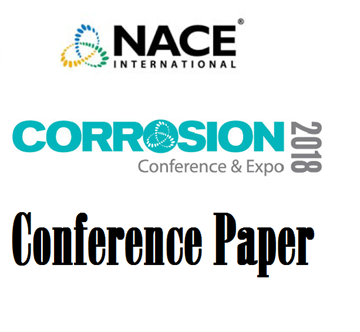Search
97319 KNOWLEDGE DISCOVERY FROM CASE HISTORIES OF CORROSION PROBLEMS
Also Purchased
98403 CASE-BASED REASONING IN CORROSION ENGINEERING
Product Number:
51300-98403-SG
ISBN:
98403 1998 CP
$20.00
05431 Case Histories of Unusual Boiler Failures
Product Number:
51300-05431-SG
ISBN:
05431 2005 CP
$20.00
51318-10466-Internal Corrosion Asset Preservation Methodolgy - Case Study
Product Number:
51318-10466-SG
Publication Date:
2018
$20.00




